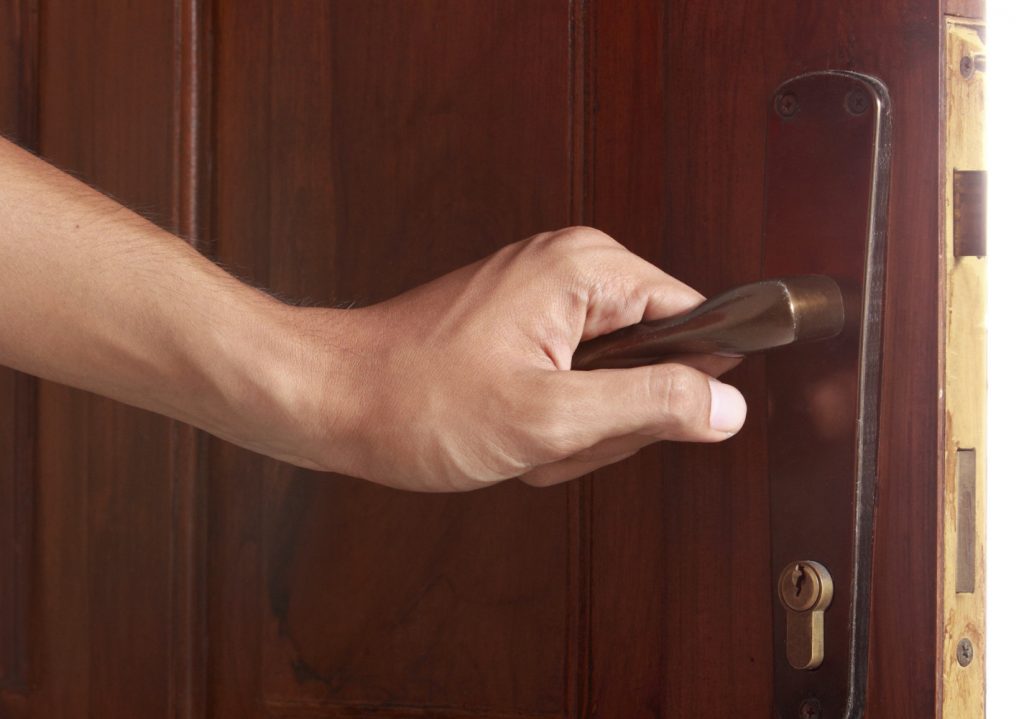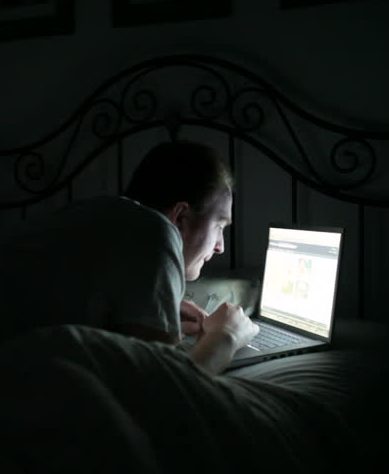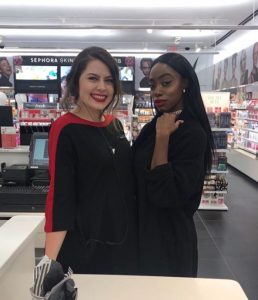One year ago, on this day, one of my best friends was sexually assaulted by one of our close guy friends, Chase*. I was asleep in the next room. That night, we had gone to a party together. I left early to go to bed, but she stayed behind with our other friends. She and Chase ended up dancing together but she left with our friends, who dropped her off at our apartment. He texted her and asked to come over, and she said no. He asked again, she said no.
She was in the kitchen, getting a glass of water, in her pajamas, about to lock the front door so she could go to bed, when Chase walked in and pushed her against the wall. He moved her to the couch then proceeded to kiss her,
grope her, and shove his penis in her face. She squirmed

and repeatedly said no, but was afraid to get overly aggressive in her tone and movements for fear of him hurting her. Chase wouldn’t let up for 30 minutes, and she finally gave in and performed oral sex on him so he would leave. She finally got a chance to stand up and he followed her upstairs. This woke me up and I asked him to get out so I could sleep. I didn’t find out until the next day that Chase had assaulted her.
But Chase didn’t see it as assault. He thought it was just a normal sexual encounter with a girl who required more persistence on his part. He called her “vanilla” for not doing anything else and told her, “I know it’s in you somewhere, come on.” Where did this entitled mentality come from? Where have we romanticized and sexualized aggressive persistence by men? My answer: porn.
My first experience with porn was when I was in middle school and my friend’s brother was going through puberty. He would joke about watching porn with his friends. I then wrote porn off as “just a guy thing” and carried this mentality with me through high school and college. I didn’t mind my boyfriends watching it. I watched it myself. I felt that as long as they weren’t “acting it out in the real world” then it was fine. Boy, was I wrong.
The porn industry is currently valued at over $97 million. Advocates for pornography promote the idea that watching pornography is a normal part of puberty and a good way for men and women to explore their sexual fantasies and deepest desires. Porn advocates say it features women who voluntarily chose to enter the industry, and who are in charge of their own schedules and content. They say many pornographic films portray women as dominant characters. They say the content focuses on female pleasure, whether it be done by another man, another woman, or herself. Advocates say that porn is nothing more than a fantasy. In our society, and in our age group specifically, porn is justified. Porn is normalized.
I think the normalization of pornography also means the normalization of ignoring the word “no”, and this is where we get into rape culture…

Rape culture is defined in our textbook as the “common attitudes, beliefs, and practices that ignore, excuse, encourage, or normalize sexual violence.” Porn fails to teach its viewers how to accept rejection. If men want to become aroused, porn is there without question. If men want to explore a fantasy, porn is there without question. If a woman says no in a pornographic film, it doesn’t matter, because the man in the video will eventually get what he wants. He doesn’t like what he’s seeing? He can just click on different videos until he finds exactly what he wants. Our rape culture is now full of the idea that sex is about being persistent until the man gets what he wants from the woman at whatever cost. If she says no, according to porn, it’s only because she’s “shy” or doesn’t want to “ruin her reputation.” Porn is a magical place where the word “no” doesn’t exist.
I think the normalization of pornography in society feeds our rape culture because it’s saying that if it’s OK for men to persist until they get what they want in porn, it’s OK for them to do the same in real life. Our rape culture says we share the common belief that women are sexual beings only here to please men. Our rape culture says we can take the things we see in porn and practice them in real life. Encouraging the normalization of pornography encourages the notion that men are entitled to getting whatever they want.

Chase assaulted my friend, yet failed to see it as assault. This is a direct result of our rape culture. She danced with him? He saw that as an invitation to push a little harder. She left her door unlocked? He saw that as the perfect opportunity to get what he wanted. He might have expected her to thank him afterwards… just like he’s seen happen in many pornographic films. Her submission to him fit perfectly into his fantasy because he was going to get what he wanted, regardless of how he had to do it. Except this time, he couldn’t see the line between porn and real life.
So how do we fix this problem? I think we need to teach our young men and women how to ACCEPT REJECTION. We need to teach our children that when someone says no, they mean no. Making a change starts with one person. So for you reading this, ask yourself… can you accept rejection? If not, you should learn how.
*name has been changed



